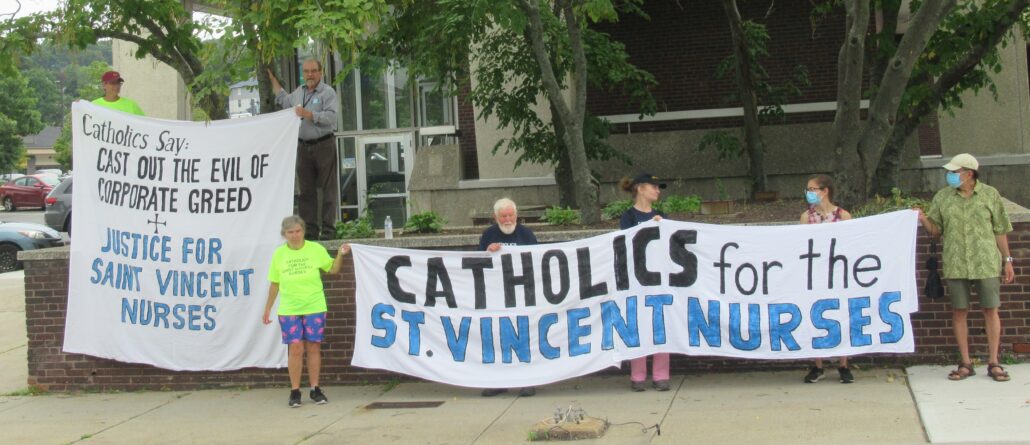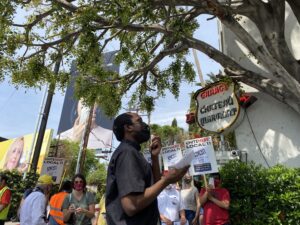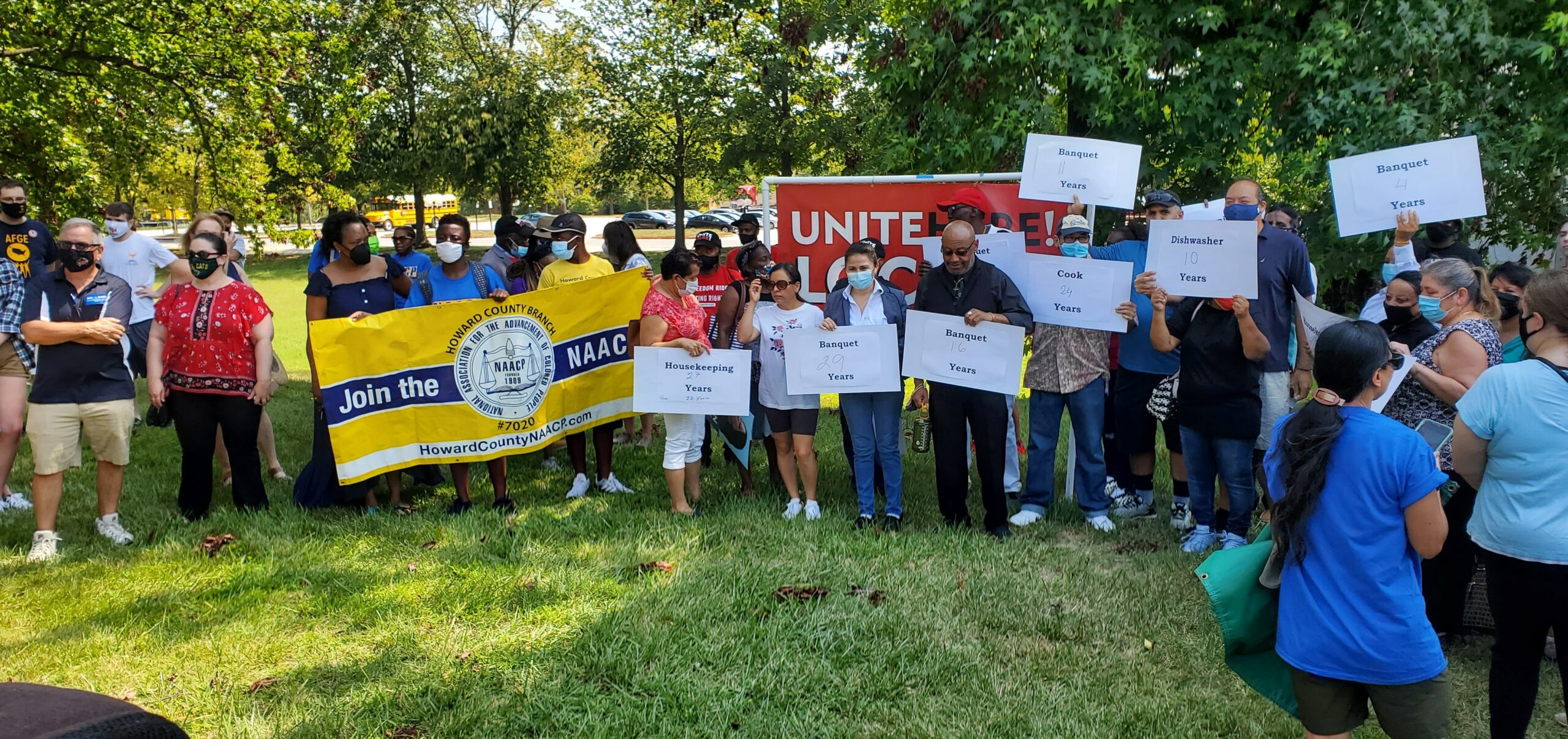Did you know that more than 1 million American workers are employed by Catholic institutions? It’s true – our Church, in conducting worship, educating the faithful and engaging in corporal works of mercy has built a veritable empire of Churches, hospitals, nursing homes, colleges, schools and social service agencies. These institutions offer us the opportunity to exemplify Catholic Social Teaching in the management of our own organizations.
Workers at many Catholic organizations, especially Churches and K-12 schools, lack the protections of American labor law when they try to form unions. As religious institutions they are exempt from the interference of the government, including the National Labor Relations Board. But that doesn’t mean that Catholic Social Teaching doesn’t apply to these workers. On the contrary, the Bishops in their 1986 Pastoral Economic Justice for All observed that:
On the parish and diocesan level, through its agencies and institutions, the Church employs many people; it has investments; it has extensive properties for worship and mission. All the moral principles that govern the just operation of any economic endeavor apply to the Church and its agencies and institutions; indeed the Church should be exemplary… We bishops commit ourselves to the principle that those who serve the Church—laity, clergy, and religious—should receive a sufficient livelihood and the social benefits provided by responsible employers in our nation…. All church institutions must also fully recognize the rights of employees to organize and bargain collectively with the institution through whatever association or organization they freely choose. (347, 351, 353)
We are pleased to report that we have identified more than 600 Catholic institutions that bargain with unions representing their employees. That’s a sign of joy and hope. Unions and management don’t always agree at these institutions, but the workers’ right to organize and bargain collectively is recognized, and they serve as an example for Catholic business leaders in the private sector who have to decide whether to heed or resist when their own workers seek union representation.
Unfortunately the story is not entirely joy and hope. While teachers at approximately 300 Catholic K-12 schools have union representation, there are about 5,500 Catholic schools where teachers lack unions. When Catholic schoolteachers seek to form a union, too many Catholic administrators take their cue from the secular law instead of consulting Catholic Social Teaching, and dismiss their desire out of hand – or even threaten them with discipline. And in recent years several Catholic colleges and universities have taken similar action when their adjunct faculty sought to organize.
Gaudium et Spes (68) reminded us that the right of workers to organize is a natural right that comes from God, not a gift from the labor board. ALL Catholic institutions should be prepared to honor that right.
CLICK HERE for the 2021 Gaudium et Spes Labor Report
 by Fr. Sinclair Oubre, JCL, Spiritual Moderator of the Catholic Labor Network
by Fr. Sinclair Oubre, JCL, Spiritual Moderator of the Catholic Labor Network



